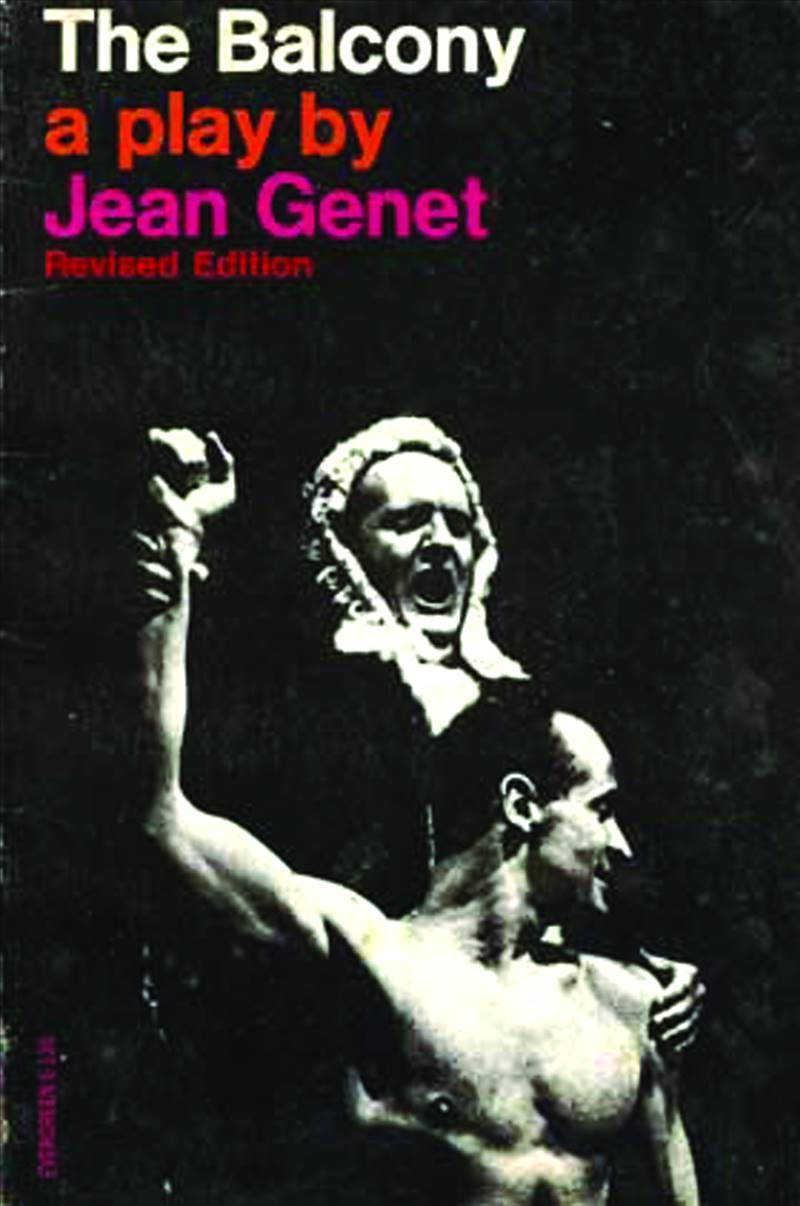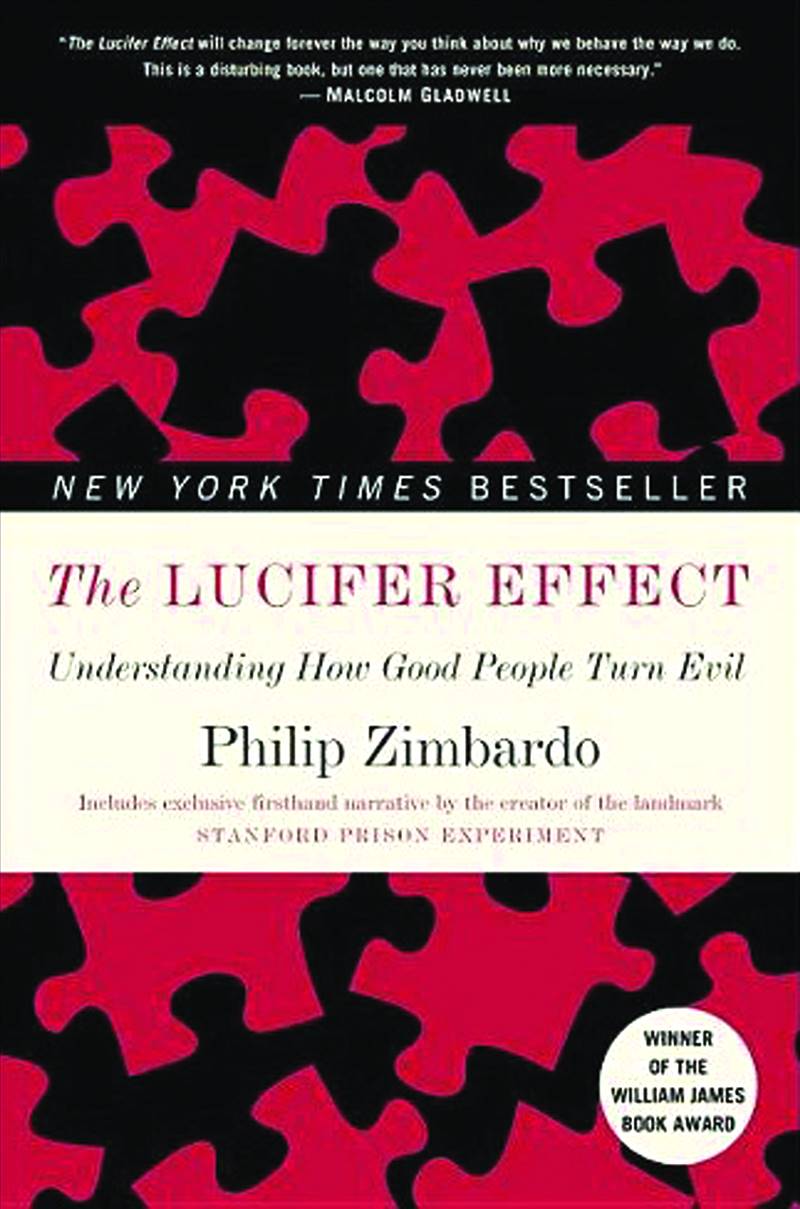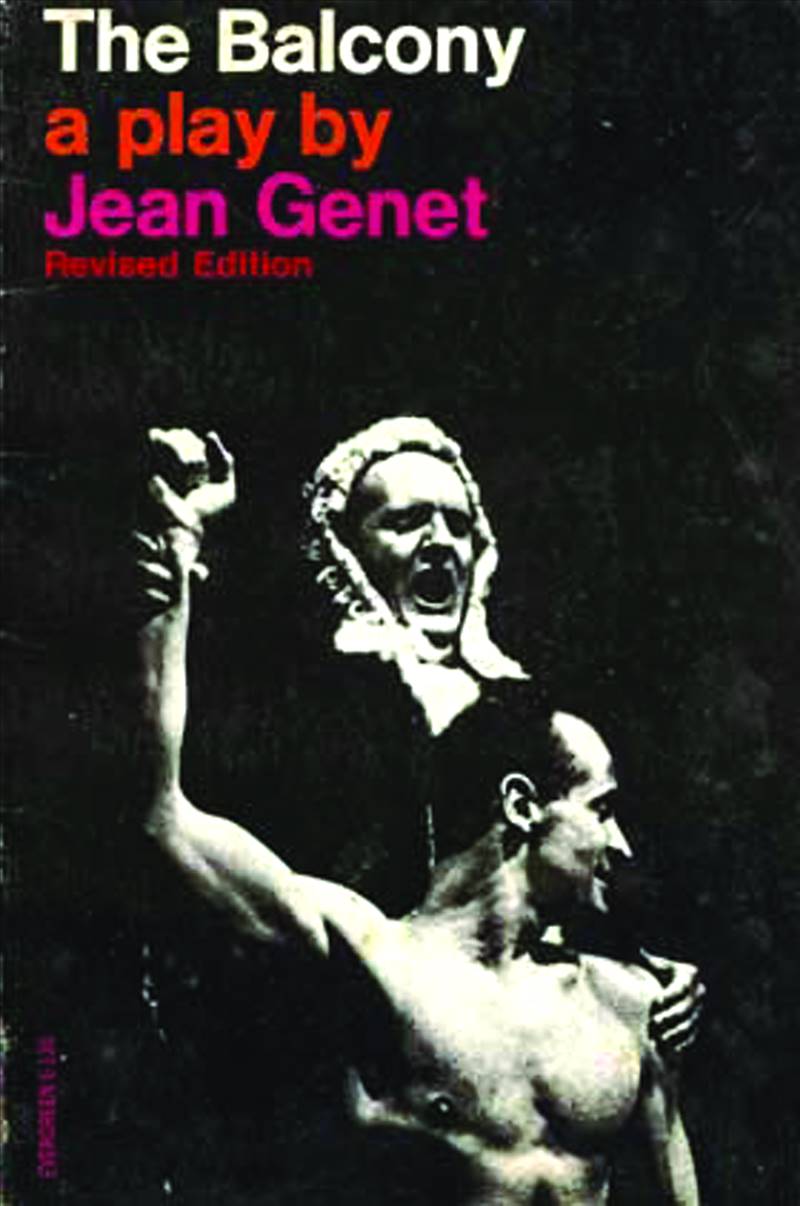
In a recent article, Dr Zoha Waseem of University College, London, and Adnan Rafiq, Country Director of USIP, Pakistan, have commented on the role of the police in Pakistan during the COVID-19 pandemic. Under-resourced and poorly trained as he is, the ordinary policeman has struggled to ensure compliance with public health restrictions, such as lockdowns, social distancing, closure of shops, and restrictions on movement in the best manner he knows. “With only outdated legal frameworks and conventional training and education to rely on,” say the authors, “The police have largely responded to violations with corporal punishment, detentions, and arrests,” i.e. with the proverbial ‘Danda’.
Not only in Pakistan. Around the world, police have been thrust into the spotlight as they assume the role of first responders to the pandemic, a role that has increasingly brought police officers into contact with citizens in politically charged environments that are supercharged by the twin crises, the pandemic and economic collapse. In this atmosphere, a ‘soft policing’ approach, which prioritizes community engagement, empathy and compassion, was clearly needed, rather than the traditional ‘militarized’ approach. However, public health emergency planners and administrators work without reference to law enforcement agencies and the security sector despite the fact that the police are first responders during such emergencies. This “disconnect between law enforcement” and other sectors means that police have little guidance to rely on when responding to a pandemic or other catastrophe.

This dysfunctional public-police interface goes beyond issues of LEA planning, training, and suitable SOPs – although these are of course utterly essential groundwork. Looked at historically, the dysfunctionality stems from the inherently coercive mandate for the protection of the kind of extractionist state and elitist society we have had since even before colonial times. And which our post-Independence bureaucratic-military leaderships have forcefully institutionalised and perpetuated.
One also needs to look deeper, into the recesses of the human psyche, to understand the nature of Authority, or the power of man over man.
Authority is always given, never inherent. Even monarchs claimed to receive it from some Higher Power, or they contrived concepts like Bloodline and Inherited Authority to justify their acquisition of it.
In times of upheaval, such as revolutions or wars, Authority becomes atomised, but still forms molecular clumps, sometimes in unusual places. In German playwright Berthold Brecht’s The Caucasian Chalk Circle, following a revolution in a Central Asian Khanate, Adzak, a rascally petty thief, escapes from a Kotwali (jailer). Fleeing, he finds a Kadi’s robes by the wayside, which he puts on to conceal his prison rags. A group of revolutionary peasants who have arrested a rapacious landlord appears on the scene, looking for a judge who can conduct a kangaroo trial. Seeing Adzak in the Kadi’s robes, they request him to conduct the trial. Thus begins an extraordinary new career for Adzak – as a judge. The Kadi’s robes, it seems, conferred sudden judicial power and authority onto this former petty thief.

In French playwright Jean Genet’s The Balcony, most of the action takes place in an upmarket brothel. Irma, the Madame, “casts, directs, and co-ordinates performances in a house of infinite mirrors and theatres,” staging and fulfilling the fantasies of her establishment’s clientele. In the first few scenes, patrons assume the roles of a bishop who forgives a penitent, a judge who punishes a thief, and a general who rides his horse. A revolutionary uprising breaks out in the city. Chantal, one of the prostitutes, quits the brothel to become the embodiment of the Spirit of Revolution. As the occupants of the brothel anxiously await the arrival of the Chief of Police, the news arrives that the pillars of society (the Chief Justice, the Bishop, the General, etc.) have all been killed in the uprising.
However, using the costumes and props in Irma’s “house of illusions”, the brothel’s patrons pose on balcony in these costumes as the figures of authority themselves, triggering a counter-revolutionary effort to restore order and the status quo.
Thus, illusion becomes reality. Authority, these two playwrights are saying, derives from power and is refracted through the symbols of power: symbols that include accoutrements of power – such as, in the context of this article, military and police uniforms. His uniform transforms both the policeman wearing it and those around him.
Moving From literature to reality, Dr Philip George Zimbardo was a psychologist and a professor emeritus at Stanford University. He became known for his 1971 Stanford prison experiment and has since authored various introductory psychology books, textbooks for college students, and other notable works, including The Lucifer Effect.
In Dr Zimbardo’s 1971 experiment, 24 perfectly normal college boys were divided arbitrarily into two groups of 12 each. One group was told that they would play the role of ‘prisoners’ in a mock prison that had been created in the basement of a campus building; the other group was told that they would play the role of ‘prison guards’.
Now, these students knew this was all a pretend situation. Moreover, most of them knew each other anyhow. But the progress of the experiment was startling. The ‘prison guards’ began to behave more and more like real prison guards, or as they believed prison guards would behave. They became harsh towards the ‘prisoners’ and the harshness soon escalated to brutality, and the brutality to outright sadism. The ‘prisoners’ were dehumanised and degraded, while the ‘guards’ had symbols of authority to make them feel more important. The ‘prisoners’ were forced to simulate sodomy and do degrading tasks like cleaning toilets with their bare hands. They suffered beatings. It soon became clear that things had got out of control, and Dr Zimbardo discontinued the experiment. However, this was not before psychological breakdowns of five of these previously healthy young men had occurred.
More recently, Dr Zimbardo was part of the trial of US army reservists accused of evil acts during the Iraq war, who tortured and humiliated prisoners at the notorious Abu Ghraib prison, committing unspeakable atrocities and outright war crimes. His hypothesis was that the people themselves were not evil, but were put in a system where they were compelled to exercise their power in an evil way.
For our purpose, let us clearly understand that institutionalised Authority over other persons, whether in imaginary or real life situations, can too easily segue into brutality and sadism. Observe the ease with which our police, dealing with lockdown or social distancing violators and scofflaws, is so ready to employ humiliation and corporal punishment – but only ‘downwards’, not against the elite.
That is why, dear reader, I can calmly drive past a check-post during a lockdown, with at most a respectful question or two, while there are rows of less socially favoured young men lined up as Murghas by the roadside and being periodically treated to a swing from a baton or cane.
This is what Dr Zoha Waseem and Mr Adnan Rafiq mean when they write, “The police have largely responded to violations with corporal punishment, detentions, and arrests”…but only on the poorer segments of society. It is not only retraining that is required, but a fundamental reorientation.
That is why power and authority must always be rationed out carefully and dispersed widely in small chunks through a society or state. The power and authority of police and other Uniforms is too great to not be put under the tightest of leashes. That’s what Parliaments are for; but we seem to forget that.
Not only in Pakistan. Around the world, police have been thrust into the spotlight as they assume the role of first responders to the pandemic, a role that has increasingly brought police officers into contact with citizens in politically charged environments that are supercharged by the twin crises, the pandemic and economic collapse. In this atmosphere, a ‘soft policing’ approach, which prioritizes community engagement, empathy and compassion, was clearly needed, rather than the traditional ‘militarized’ approach. However, public health emergency planners and administrators work without reference to law enforcement agencies and the security sector despite the fact that the police are first responders during such emergencies. This “disconnect between law enforcement” and other sectors means that police have little guidance to rely on when responding to a pandemic or other catastrophe.

This dysfunctional public-police interface goes beyond issues of LEA planning, training, and suitable SOPs – although these are of course utterly essential groundwork. Looked at historically, the dysfunctionality stems from the inherently coercive mandate for the protection of the kind of extractionist state and elitist society we have had since even before colonial times. And which our post-Independence bureaucratic-military leaderships have forcefully institutionalised and perpetuated.
One also needs to look deeper, into the recesses of the human psyche, to understand the nature of Authority, or the power of man over man.
Authority is always given, never inherent. Even monarchs claimed to receive it from some Higher Power, or they contrived concepts like Bloodline and Inherited Authority to justify their acquisition of it.
In times of upheaval, such as revolutions or wars, Authority becomes atomised, but still forms molecular clumps, sometimes in unusual places. In German playwright Berthold Brecht’s The Caucasian Chalk Circle, following a revolution in a Central Asian Khanate, Adzak, a rascally petty thief, escapes from a Kotwali (jailer). Fleeing, he finds a Kadi’s robes by the wayside, which he puts on to conceal his prison rags. A group of revolutionary peasants who have arrested a rapacious landlord appears on the scene, looking for a judge who can conduct a kangaroo trial. Seeing Adzak in the Kadi’s robes, they request him to conduct the trial. Thus begins an extraordinary new career for Adzak – as a judge. The Kadi’s robes, it seems, conferred sudden judicial power and authority onto this former petty thief.

In French playwright Jean Genet’s The Balcony, most of the action takes place in an upmarket brothel. Irma, the Madame, “casts, directs, and co-ordinates performances in a house of infinite mirrors and theatres,” staging and fulfilling the fantasies of her establishment’s clientele. In the first few scenes, patrons assume the roles of a bishop who forgives a penitent, a judge who punishes a thief, and a general who rides his horse. A revolutionary uprising breaks out in the city. Chantal, one of the prostitutes, quits the brothel to become the embodiment of the Spirit of Revolution. As the occupants of the brothel anxiously await the arrival of the Chief of Police, the news arrives that the pillars of society (the Chief Justice, the Bishop, the General, etc.) have all been killed in the uprising.
However, using the costumes and props in Irma’s “house of illusions”, the brothel’s patrons pose on balcony in these costumes as the figures of authority themselves, triggering a counter-revolutionary effort to restore order and the status quo.
Thus, illusion becomes reality. Authority, these two playwrights are saying, derives from power and is refracted through the symbols of power: symbols that include accoutrements of power – such as, in the context of this article, military and police uniforms. His uniform transforms both the policeman wearing it and those around him.
Moving From literature to reality, Dr Philip George Zimbardo was a psychologist and a professor emeritus at Stanford University. He became known for his 1971 Stanford prison experiment and has since authored various introductory psychology books, textbooks for college students, and other notable works, including The Lucifer Effect.
In Dr Zimbardo’s 1971 experiment, 24 perfectly normal college boys were divided arbitrarily into two groups of 12 each. One group was told that they would play the role of ‘prisoners’ in a mock prison that had been created in the basement of a campus building; the other group was told that they would play the role of ‘prison guards’.
Now, these students knew this was all a pretend situation. Moreover, most of them knew each other anyhow. But the progress of the experiment was startling. The ‘prison guards’ began to behave more and more like real prison guards, or as they believed prison guards would behave. They became harsh towards the ‘prisoners’ and the harshness soon escalated to brutality, and the brutality to outright sadism. The ‘prisoners’ were dehumanised and degraded, while the ‘guards’ had symbols of authority to make them feel more important. The ‘prisoners’ were forced to simulate sodomy and do degrading tasks like cleaning toilets with their bare hands. They suffered beatings. It soon became clear that things had got out of control, and Dr Zimbardo discontinued the experiment. However, this was not before psychological breakdowns of five of these previously healthy young men had occurred.
More recently, Dr Zimbardo was part of the trial of US army reservists accused of evil acts during the Iraq war, who tortured and humiliated prisoners at the notorious Abu Ghraib prison, committing unspeakable atrocities and outright war crimes. His hypothesis was that the people themselves were not evil, but were put in a system where they were compelled to exercise their power in an evil way.
For our purpose, let us clearly understand that institutionalised Authority over other persons, whether in imaginary or real life situations, can too easily segue into brutality and sadism. Observe the ease with which our police, dealing with lockdown or social distancing violators and scofflaws, is so ready to employ humiliation and corporal punishment – but only ‘downwards’, not against the elite.
That is why, dear reader, I can calmly drive past a check-post during a lockdown, with at most a respectful question or two, while there are rows of less socially favoured young men lined up as Murghas by the roadside and being periodically treated to a swing from a baton or cane.
This is what Dr Zoha Waseem and Mr Adnan Rafiq mean when they write, “The police have largely responded to violations with corporal punishment, detentions, and arrests”…but only on the poorer segments of society. It is not only retraining that is required, but a fundamental reorientation.
That is why power and authority must always be rationed out carefully and dispersed widely in small chunks through a society or state. The power and authority of police and other Uniforms is too great to not be put under the tightest of leashes. That’s what Parliaments are for; but we seem to forget that.

